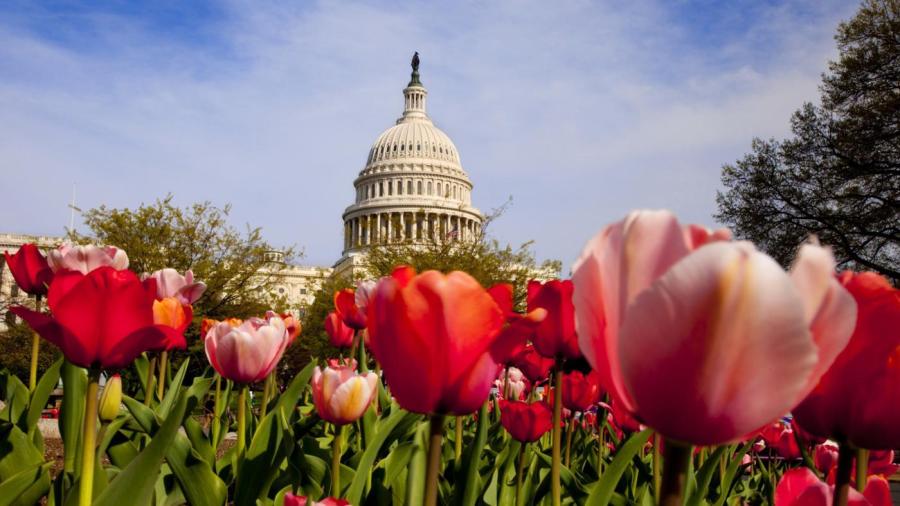What Are the Five Non-Legislative Powers of Congress?

The non-legislative powers of Congress include the abilities to amend the constitution, approve presidential appointments, investigate matters that interfere with or impede its legislative duties, impeach officials, and choose a president if no majority winner emerges as the result of an election. The Senate also must approve candidates for vice president because the vice president is also the president of the Senate.
Article 1 of the United States Constitution grants Congress its powers. It is primarily intended to be a legislative body of a three-branch system that shares equal power. Congress is the only branch of government that can make or change laws. The executive branch of the government is led by the President, while the Supreme Court is at the top of the judicial branch of government.
To form a system of checks and balances, it is necessary for Congress to have some non-legislative powers. These powers help the government organize in the event that one branch attempts to exercise too much influence over the others. Some non-legislative powers of Congress, such as approving presidential appoints, require only a majority vote, while others, such as impeachment, require a two-thirds majority to pass. Two-thirds majority votes ensure that measures are not passed as the result of one party within congress exercising power.





